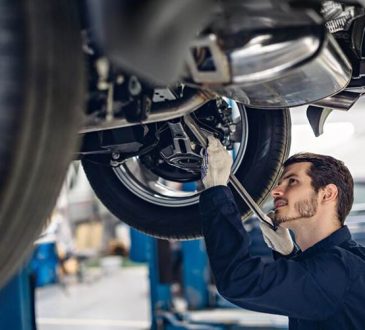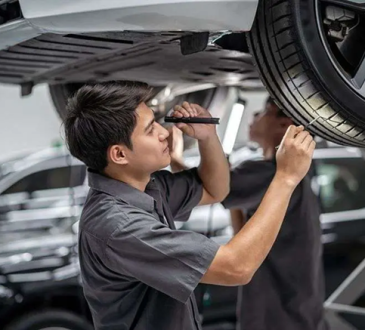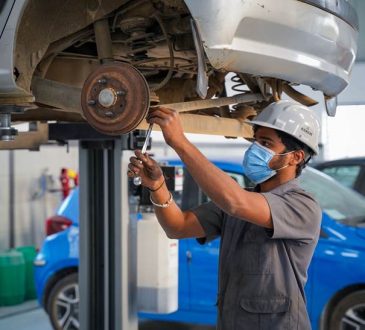Why Fuel Line Servicing Is Crucial After Long Storage

Cars that sit unused for months may develop fuel line problems. Stagnant fuel can cause varnish, rust, and deposits to form inside. That buildup restricts flow and reduces engine performance when restarted. So professional servicing is important before regular use begins again. Then vehicles operate smoothly with steady fuel delivery and reliable operation. Fuel line checks prevent leaks, pressure loss, and engine strain effectively. This attention protects connected components like pumps and injectors from damage. Servicing after storage ensures safe and efficient driving on all trips. Fuel line maintenance is essential for restoring system health completely.
Identifying Contaminated Fuel
Fuel can degrade and separate during long storage periods easily. That results in water, sludge, or other contaminants inside the line. So mechanics inspect the system carefully to detect any presence of debris. Then the affected fuel is drained and the line cleaned thoroughly. Contaminated fuel may clog injectors or cause engine hesitation if ignored. Professional inspection ensures the system is free of hidden blockages effectively. The driver benefits from smooth acceleration and reliable operation after service. Detecting contaminated fuel prevents damage and maintains fuel system integrity fully. Proper identification avoids sudden issues when the engine is restarted. Going for the options related to Auto Repair in Essex, MD based services is essential here.
Inspecting Hoses and Connections
Hoses may harden, crack, or soften when sitting unused for months. That deterioration can cause leaks or sudden failures during operation dangerously. So the expert checks every hose, connector, and seal carefully. Then worn sections are replaced to restore proper flow and pressure. Inspecting connections prevents accidental fuel release near hot engine components safely. Technicians ensure clamps and fittings are secure for long term reliability. The driver gains confidence knowing the system is strong and intact. Proper inspection extends hose life and avoids emergency roadside repairs. Securing hoses and connectors supports both safety and vehicle performance effectively.
Pressure and Flow Testing
After cleaning and repairs, lines require testing for proper flow and pressure. That ensures the engine receives fuel consistently without interruptions or leaks. So experts use gauges and flow tests to verify performance carefully. Then potential weak points are identified and addressed quickly if found. Testing prevents sudden failures and protects connected components from damage. A properly tested system delivers fuel efficiently and supports engine longevity. Technicians confirm that pressure readings meet manufacturer specifications fully for safety. The driver gains assurance that the vehicle is reliable and ready for trips. Accurate testing restores confidence in the fuel system’s full function.
Conclusion
Fuel line servicing is essential after long periods of storage safely. Experts inspect hoses, connectors, and lines to remove contaminants and repair wear. Then vehicles operate reliably with steady fuel flow and engine performance. Servicing prevents leaks, blockages, and sudden breakdowns during initial use. So drivers gain peace of mind knowing the system is safe. Preventive guidance protects the vehicle during storage and reduces future issues. Professional attention restores engine efficiency and prolongs fuel system life completely. Fuel line maintenance after storage ensures safe, reliable, and efficient driving always. Regular servicing is a small step with a large impact on vehicle longevity.









